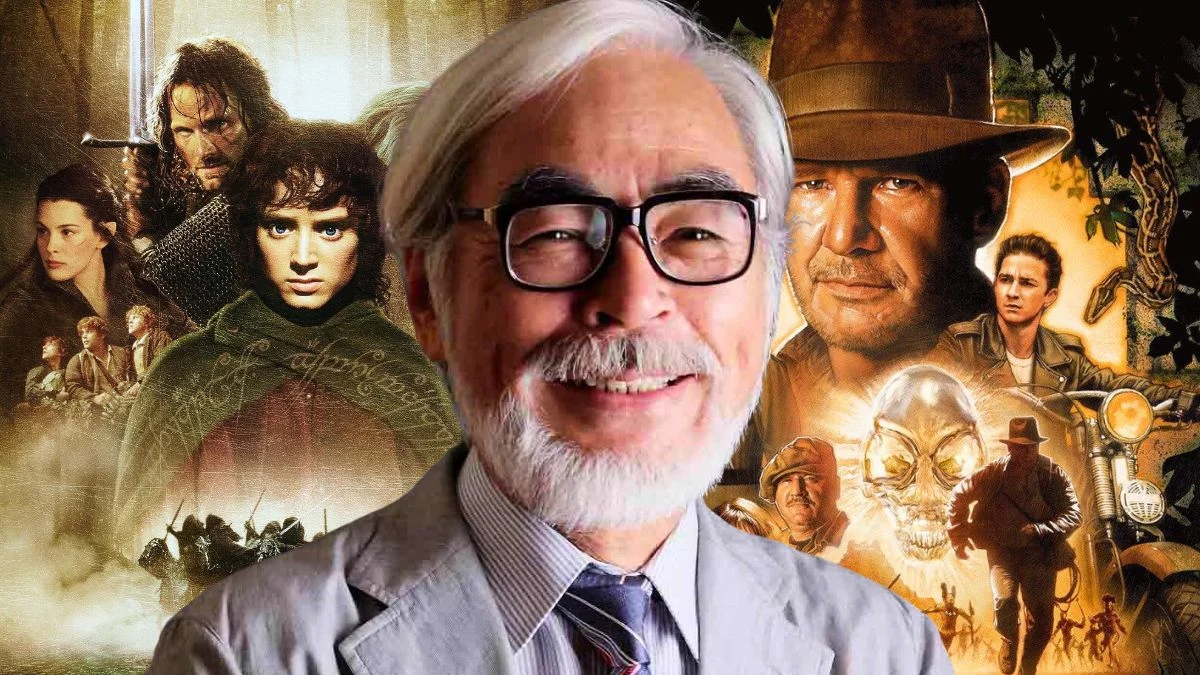
Our Editorial Policy.
Hayao Miyazaki has never chased trends. The Studio Ghibli cofounder built a career on hand drawn worlds, patient storytelling, and characters who feel as fragile and stubborn as real people. Fans admire the movies. Many also admire the way he speaks his mind, even when it ruffles a few feathers.
The conversation around him has only grown since the award winning release of ‘The Boy and the Heron’. The filmmaker is known to skip glittering ceremonies and let the work speak for itself. That habit has fueled a certain mystery about what he really thinks of modern cinema and why some movies leave him cold.
When Miyazaki does open up, he is blunt. He has said, “Americans shoot things and they blow up and the like, so as you’d expect, they make movies like that.” He also said, “If someone is the enemy, it’s okay to kill endless numbers of them. ‘Lord of the Rings’ is like that. If it’s the enemy, there’s killing without separation between civilians and soldiers. That falls within collateral damage.” These comments explain a core part of his frustration with Hollywood blockbusters that lean on easy violence and simple moral frames.
He has been equally direct about the way audiences can consume those stories. Speaking about popular American adventure films, he said, “You are the ones that, ‘bang,’ get shot. Watching [those movies] without any self awareness is unbelievable. There’s no pride, no historical perspective. You don’t know how you are viewed by a country like America.” In another remark he pointed to ‘Indiana Jones’ and the thrill of a quick trigger as a symbol of the problem.
The view fits with his long held pacifism. Years ago he skipped the Academy Awards when ‘Spirited Away’ was honored and later explained that he did not want to visit the United States during the bombing of Iraq. That quiet decision told fans as much about his values as any speech onstage might have done.
Watch his films and the contrast is obvious. Antagonists in ‘Princess Mononoke’ are not faceless hordes. In ‘Spirited Away’ the villainy dissolves into empathy. Even ‘The Boy and the Heron’ treats conflict as something to be understood rather than crushed. His remarks about Hollywood are not simple scolding. They are a defense of stories that sit with ambiguity and protect human life from becoming spectacle.
Miyazaki’s candor can sound harsh, yet it comes from the same place that gives his movies their warmth. He believes audiences deserve better than endless explosions and scoreboards of bodies. He believes complexity is not a burden but a gift. You can hear it in the way he puts it. “Americans shoot things and they blow up.” Then he pulls the lens back and asks who we become when that is all we cheer.
Whether Hollywood ever moves closer to his viewpoint is an open question. What is clear is that Miyazaki will keep drawing the world as he thinks it should be. The rest of us can decide which stories we want to sit with and what those choices say about us.

.jpeg)
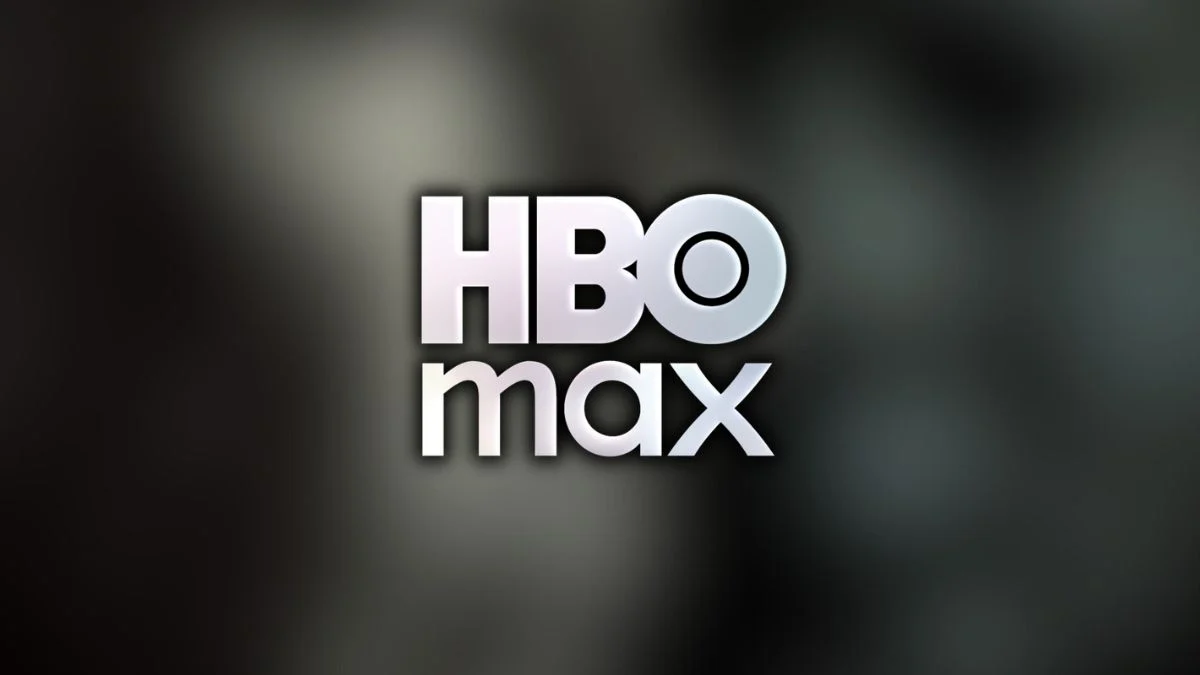
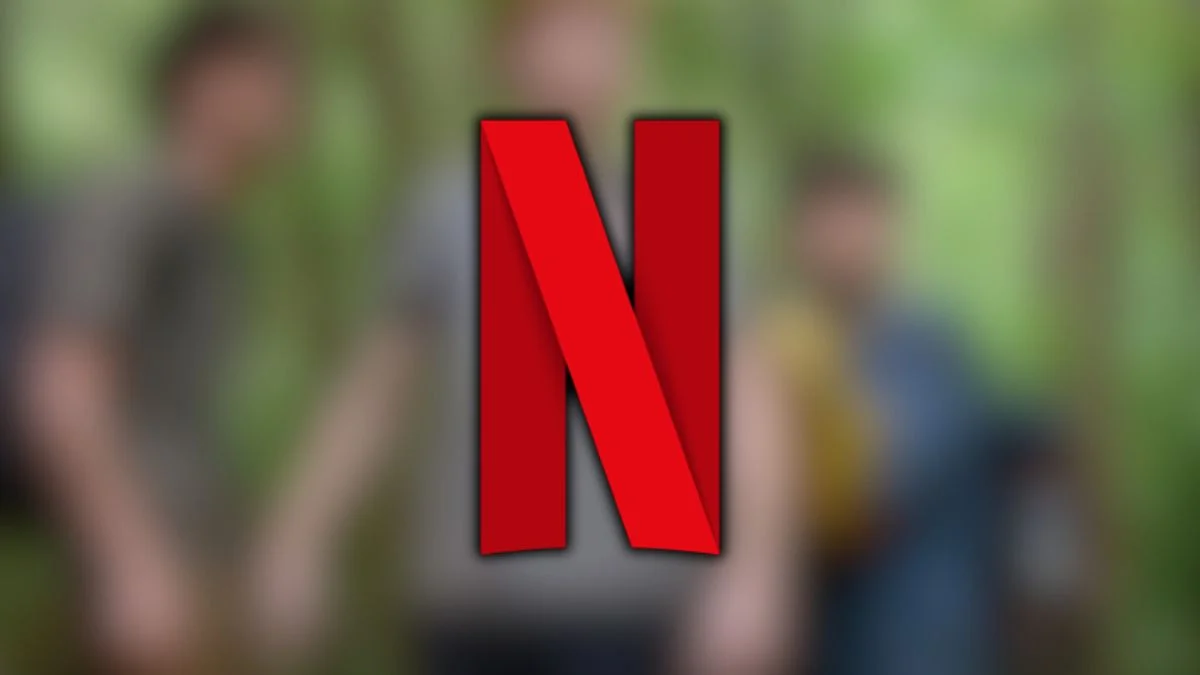
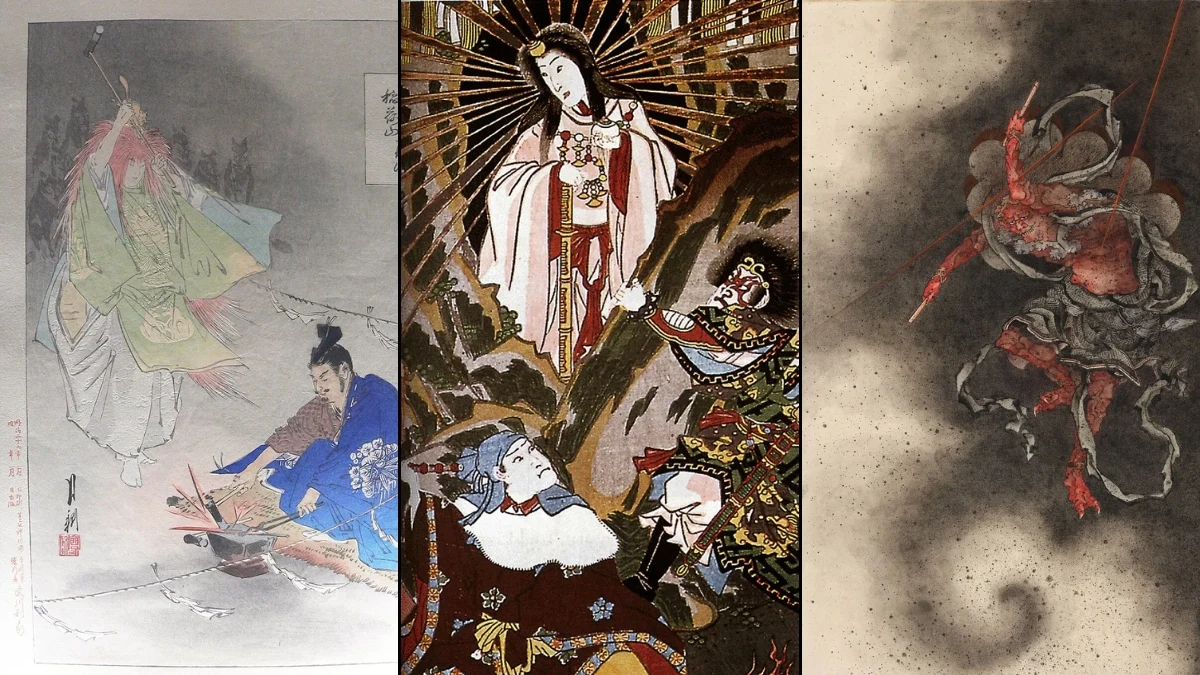
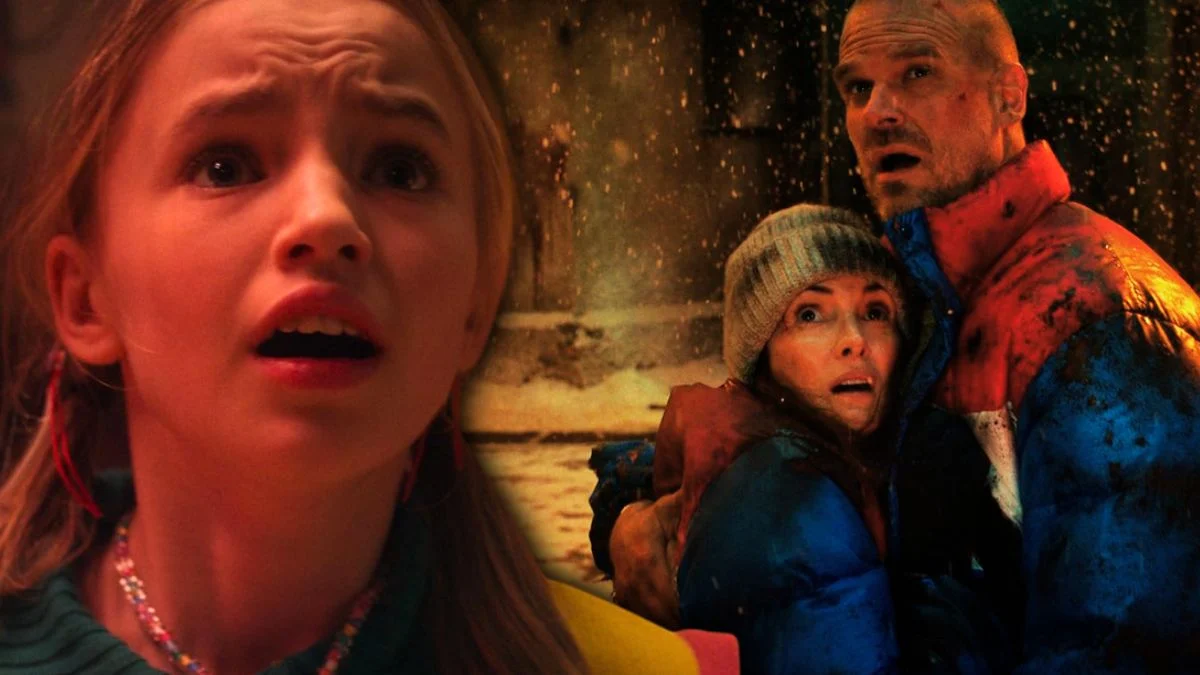
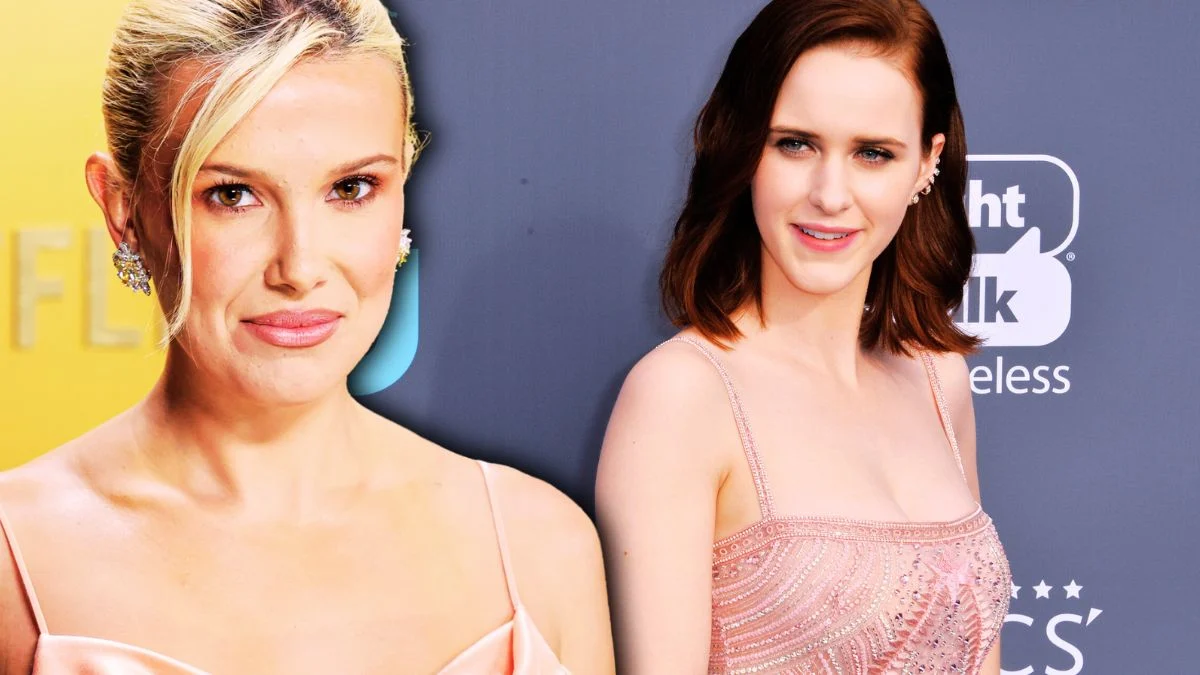
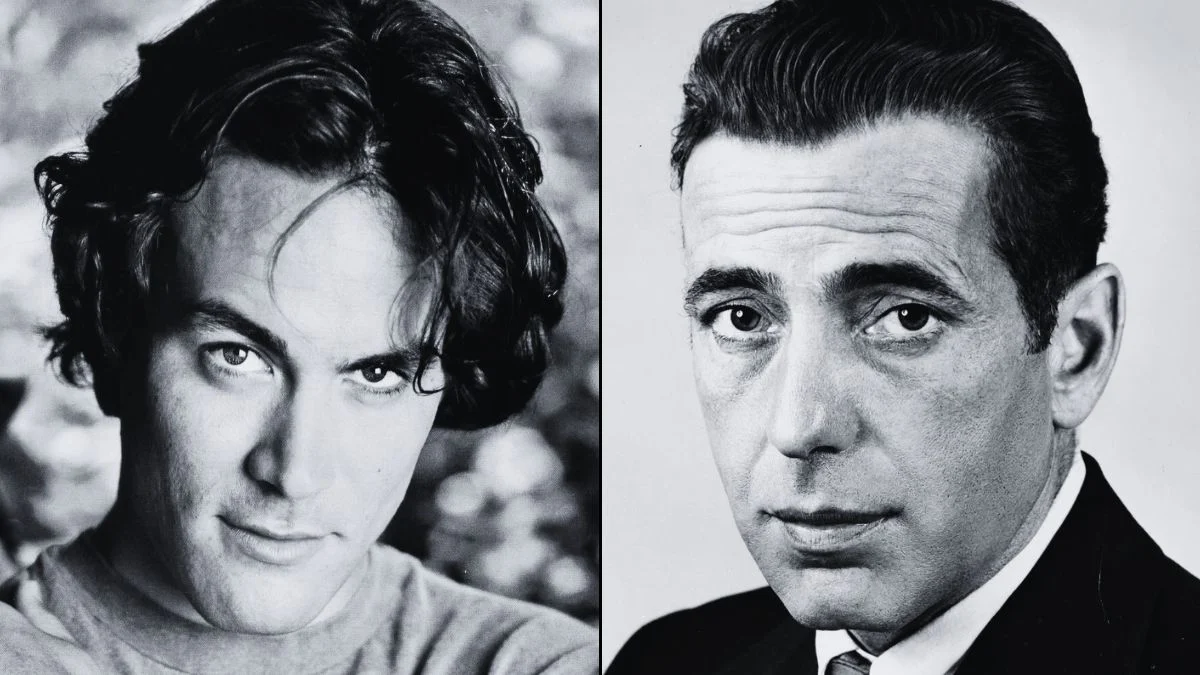

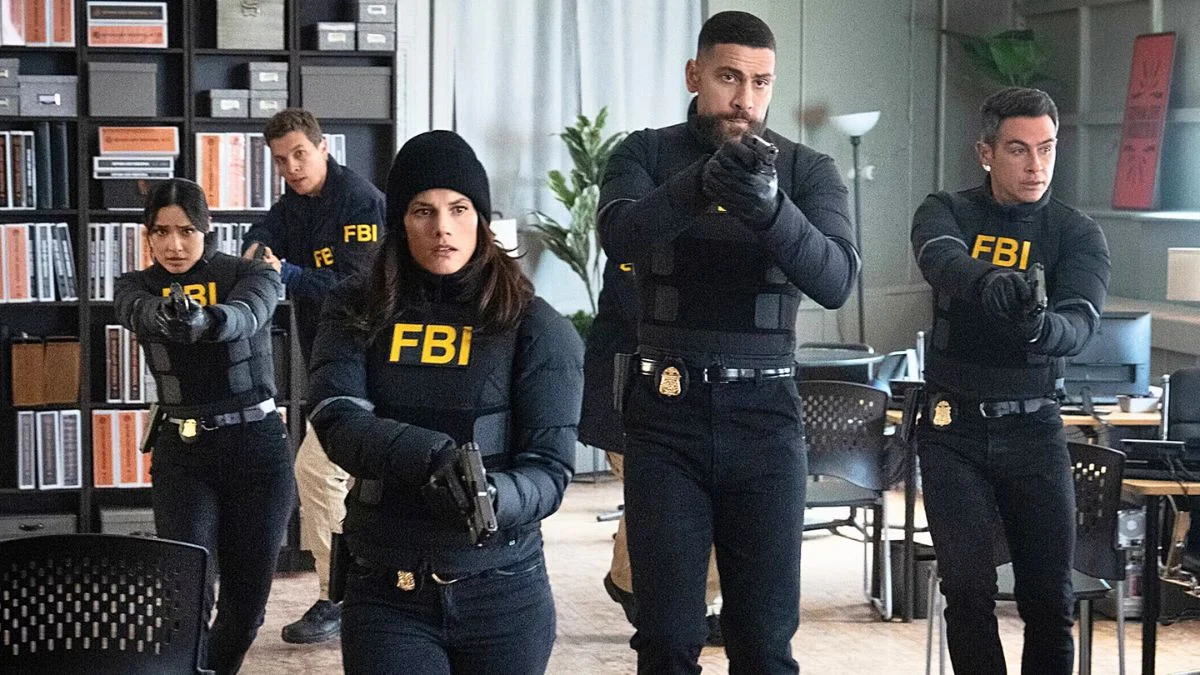

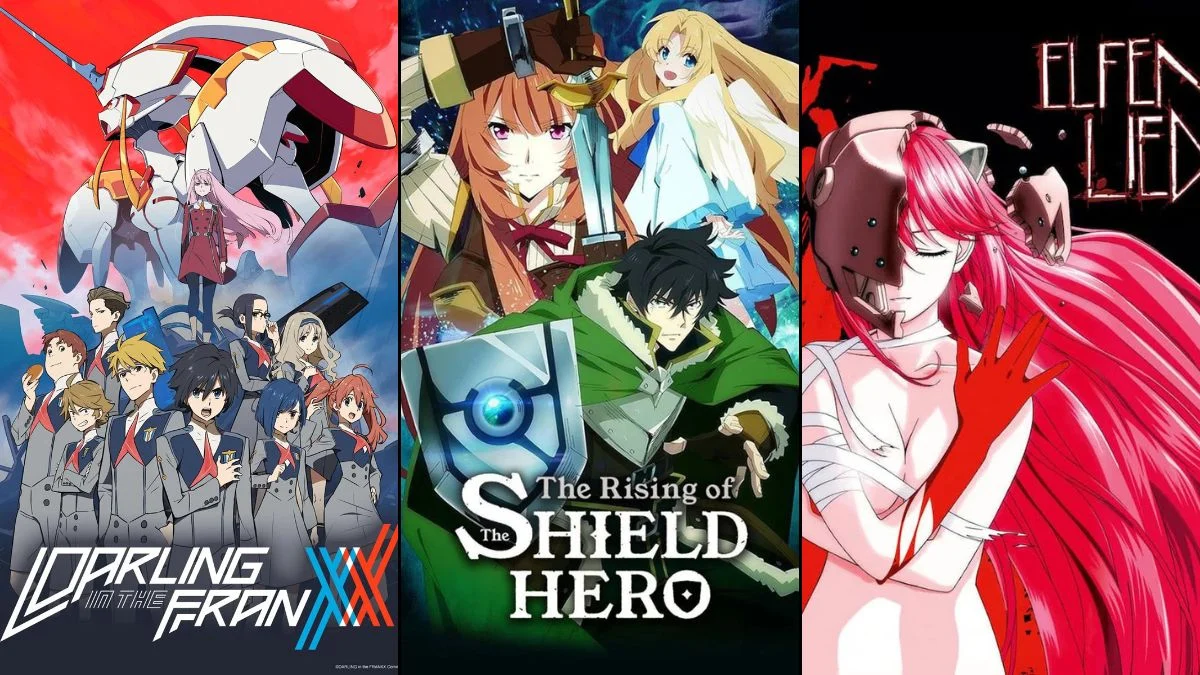
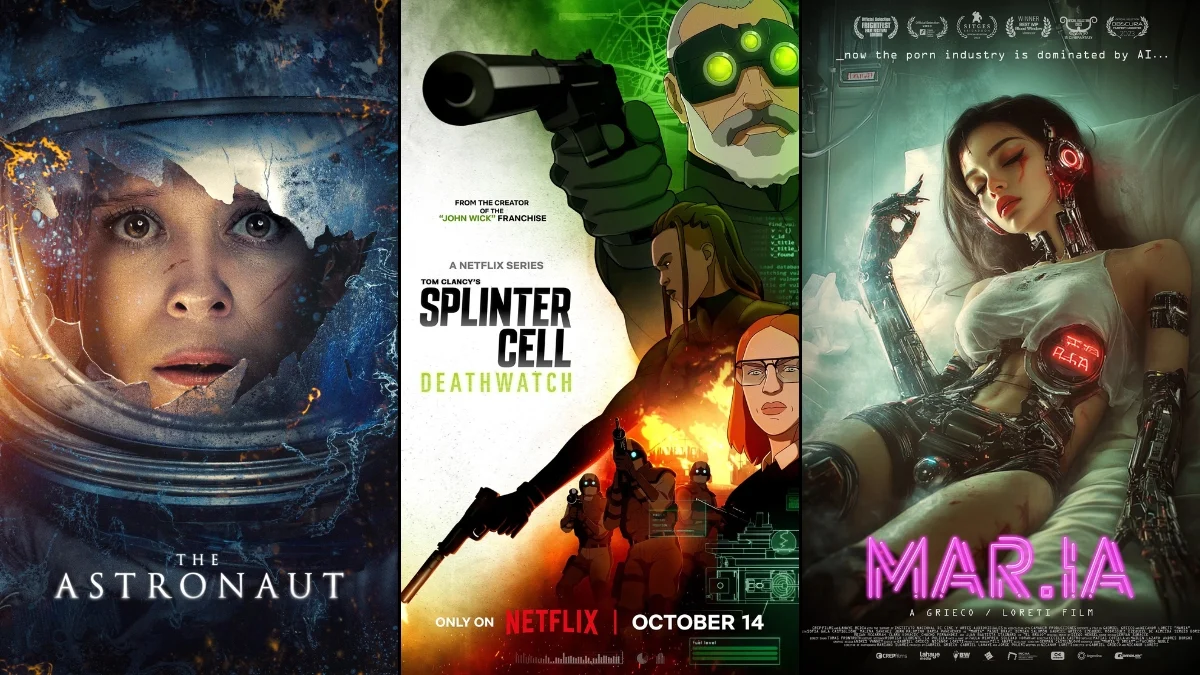

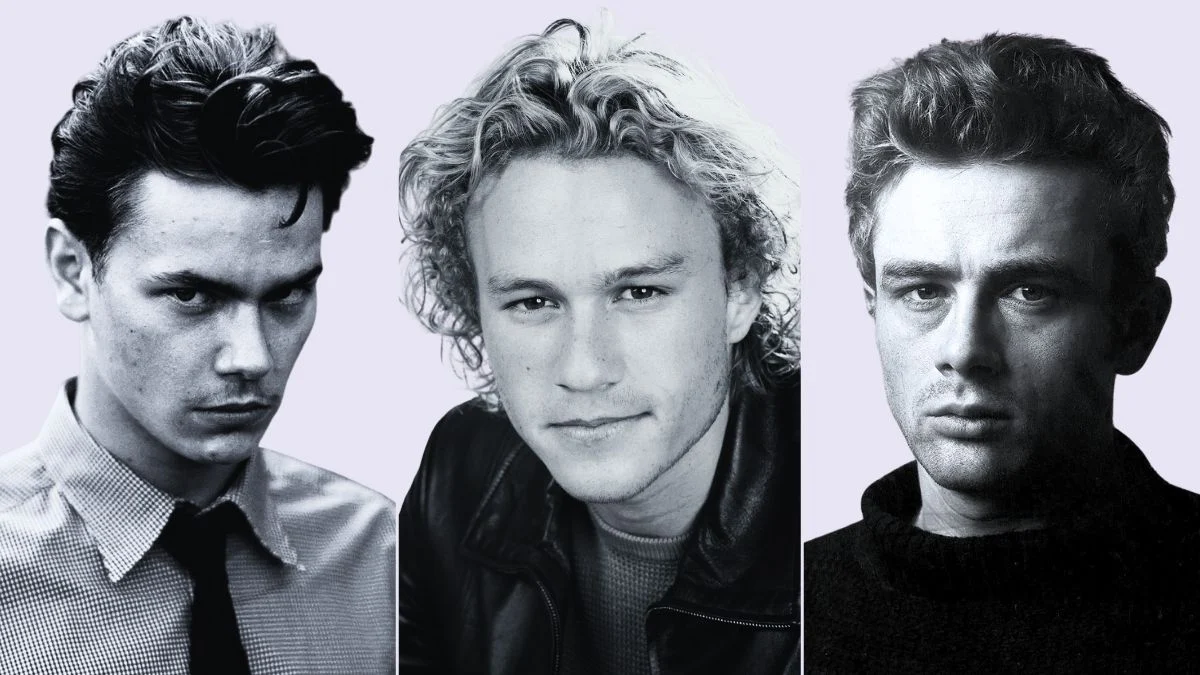
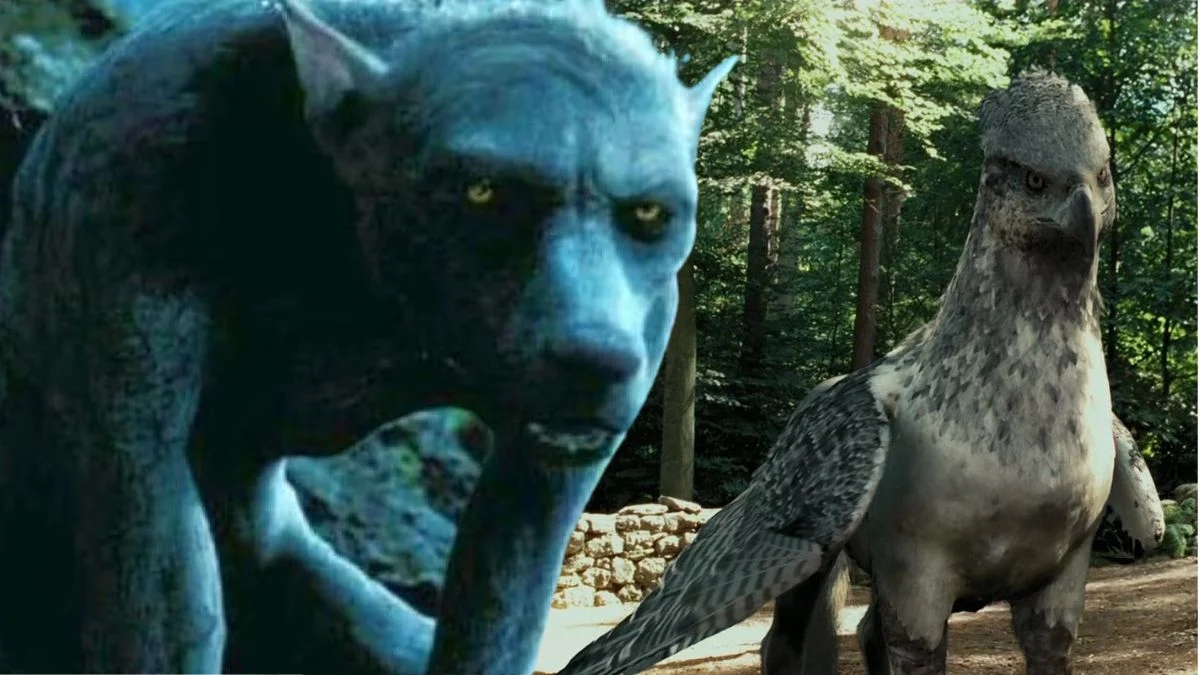
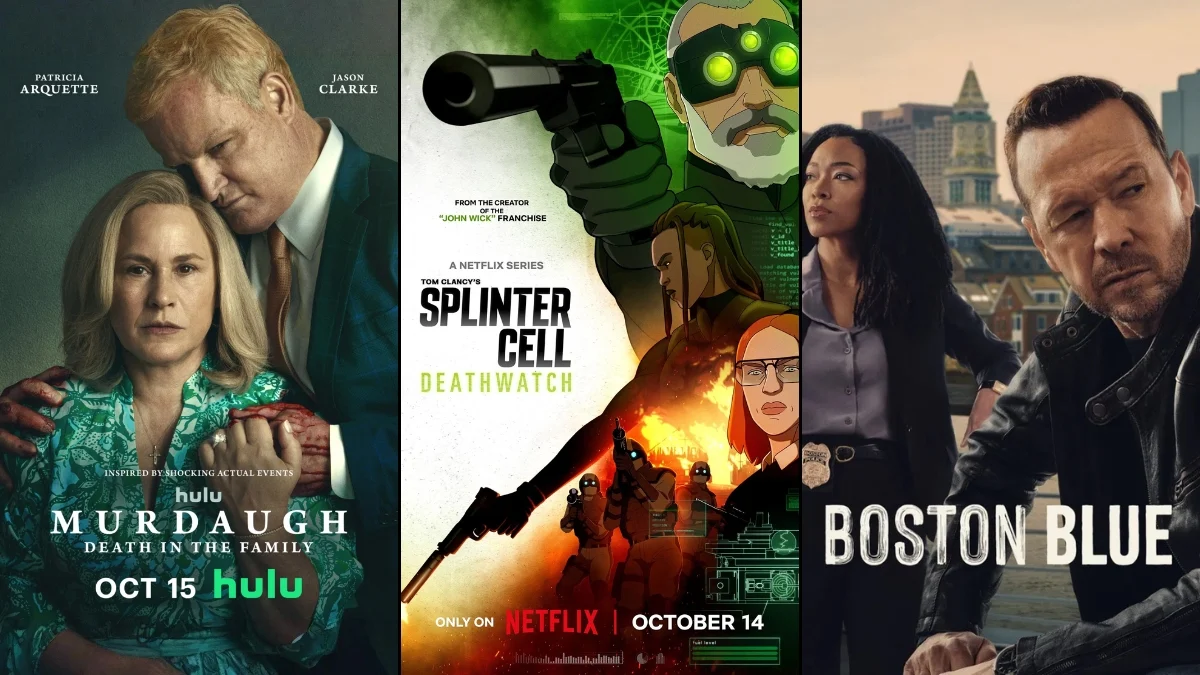

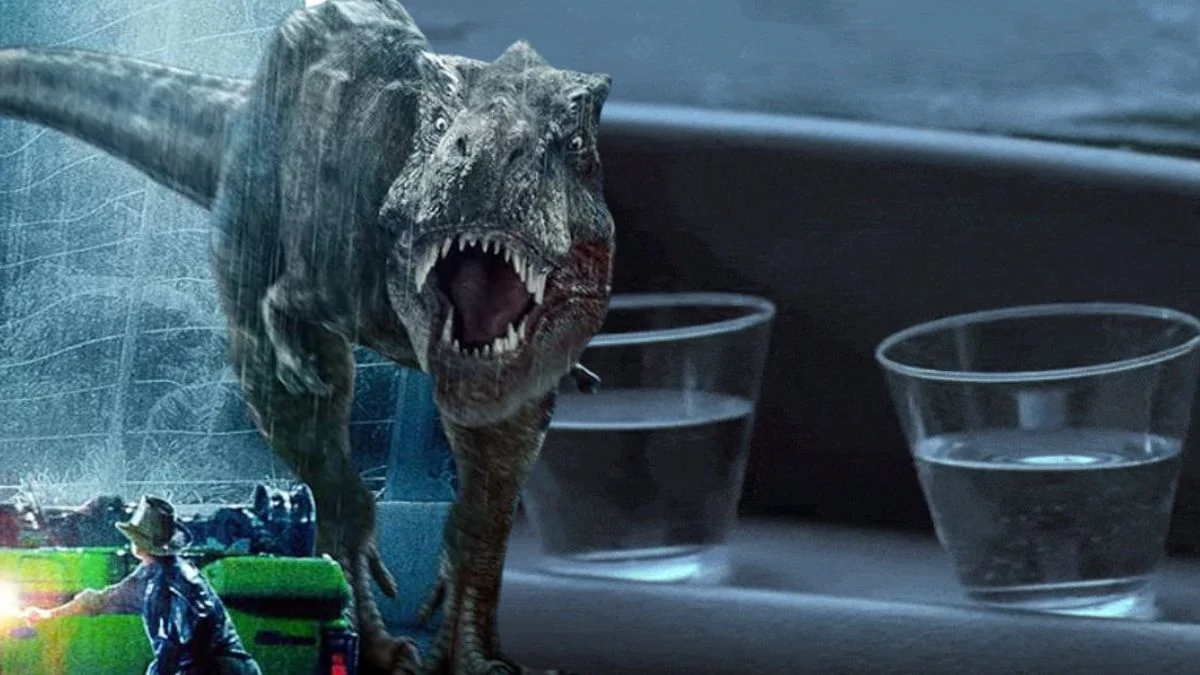
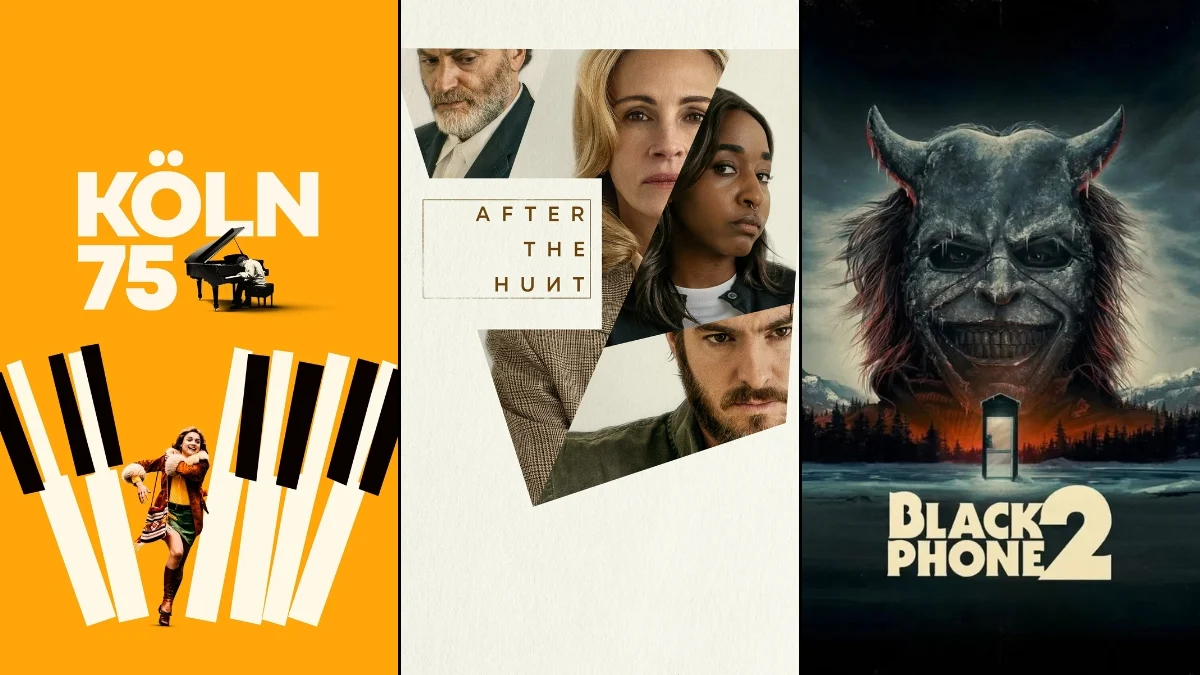




.jpeg)












 English (US) ·
English (US) ·